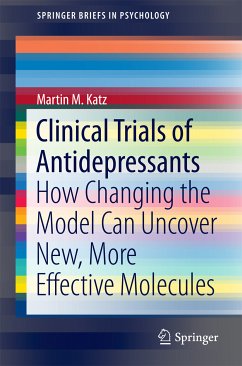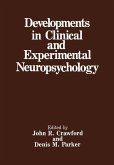Included in the coverage:
- Why now the need for a new clinical trials model for antidepressants?
- Aims and basic requirements of clinical trials: conventional and component-specific models.
- Methods for measuring the components and the profile of drug actions: the multivantaged approach.
- Achieving the ideal clinical trial: an example of the merged componential and established models.
- Prediction and shortening the clinical trial.
- The video clinical trial.
Clinical Trials of Antidepressants will interest a varied audience, including clinical investigators, academic and pharmaceutical company scientists, clinical trial organizations, psychiatrists, outpatient physicians, psychotherapists, clinical psychologists, psychology graduate students, medical students, and government agencies such as the FDA.
Dieser Download kann aus rechtlichen Gründen nur mit Rechnungsadresse in A, B, BG, CY, CZ, D, DK, EW, E, FIN, F, GR, HR, H, IRL, I, LT, L, LR, M, NL, PL, P, R, S, SLO, SK ausgeliefert werden.









